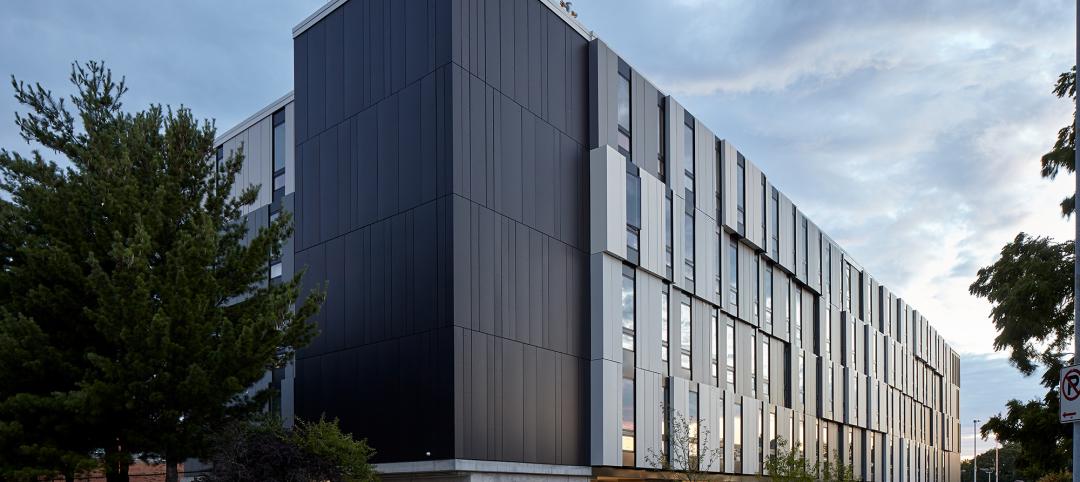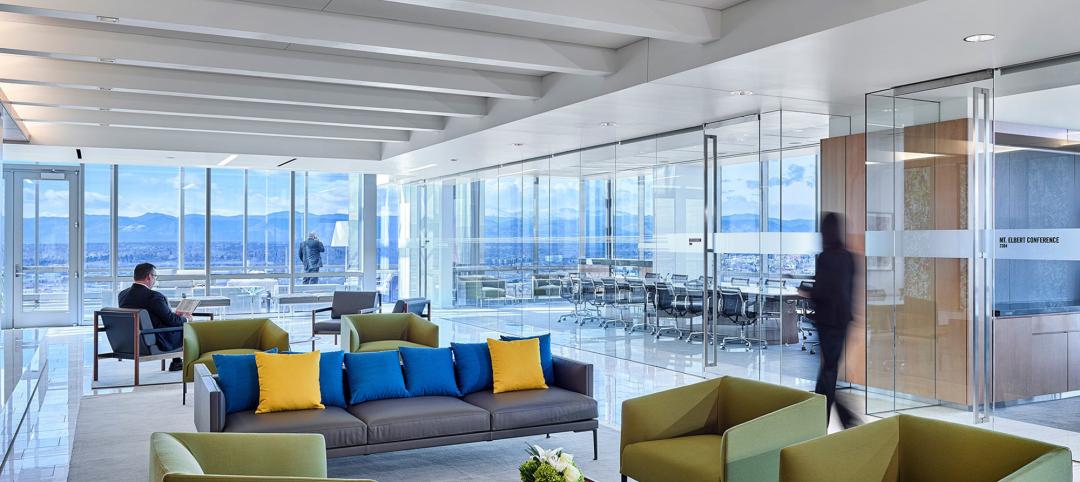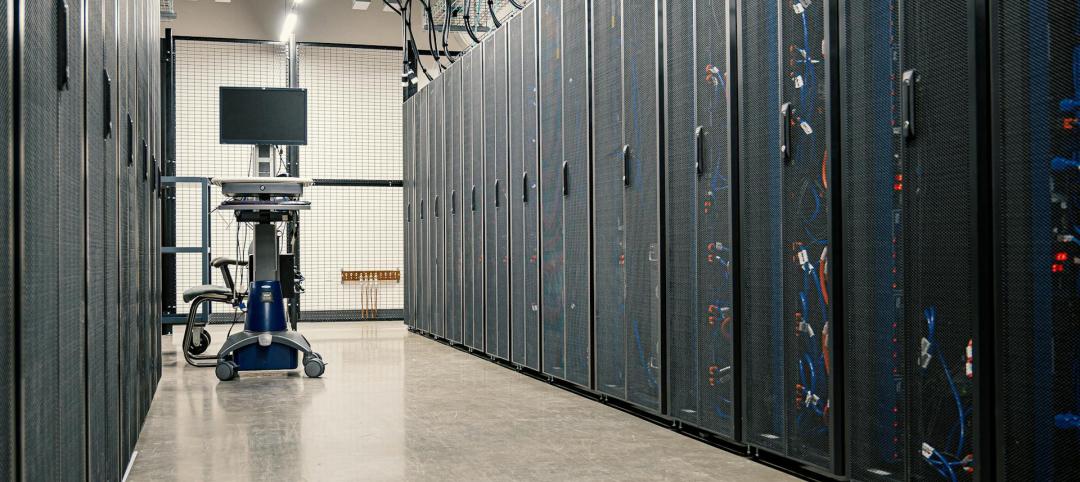Although the construction recovery continues to lag other sectors as well as the overall U.S. economy, the industry is finally seeing a rebound. Commercial real estate giant Jones Lang LaSalle recently released its Summer 2013 Construction Highlights report, which found that there are some sectors (such as energy and high-tech) driving demand for construction, while a few major cities are starting to record increased levels of speculative office building developments. However, with construction demand on the rise in some areas, JLL documents labor shortages and material costs increasing as well.
Local Markets
The recovery theme in the U.S. construction industry can be easily identified as lagging other sectors and the overall U.S. economy. Among many challenges specific to the construction industry, the fact that the overall US.. labor market recovery has been so prolonged is not helping a rebound in construction, which depends on a growing workforce to expand demand across property types. The previous “bright spot” in the construction world – public construction – has taken a backseat in the recovery as the Federal government trims budgets and pulls back on pending.
While job numbers year-over-year are improved, construction employment was hard hit in the month of April, showing a net loss of 6,000 jobs, very much a function of pullback in non-residential sectors including public construction. With the long-awaited rebound in the housing market now permeating the single-family realm, however, job gains and increases in construction-put-in place for residential construction have materialized, and should fuel stronger growth. President Obama’s persistent efforts to increase infrastructure construction funding and MAP-21 investment, already accounted for in budgets, could also ultimately help shore up weaker areas of the construction industry during the next 12 months.
Market Highlights
· Seattle: Technology drives construction, with just over 1 MSF delivered in 2012, much of it pre-leased to Amazon. The spec development pipeline is picking up.
· Portland: Owner-user office development comprises the major projects under construction. Several speculative projects are proposed, but adaptive reuse is the preferred strategy.
· San Francisco: Office and multi-family construction is booming as developers work to meet demand from the growing economy, driven by the technology industry.
· Los Angeles: The first skyscraper to be added to the CBD in over 20 years is underway. Upon completion, the Wilshire Grand will feature retail, office and hospitality components.
· Orange County: Vacancy remains high and rents are still too low to justify any spec development at this time. However, four sizable build-to-suit projects are currently underway.
· Boston: Four build-to-suit projects are underway totaling 2.5 MSF in Boston. Cambridge has 2.5 MSF of new construction (38% lab space, 62% office).
· New York: Construction to begin on more than 5.0 MSF of office space during the next five years, with potentially 25 MSF delivered over next two decades.
· Philadelphia: Liberty Property Trust will break ground on a build-to-suit project for Vanguard. The six-story, 205,000 SF facility will be built to meet LEED standards.
· Washington DC: Nearly 6.2 MSF of office construction is underway. Over one-third of the under construction inventory has garnered preleases.
· Atlanta: Demand for interior build outs up in the last six to nine months; upward pressure on construction costs. Pricing has bottomed and expected to rise due to housing market improvements.
· Minneapolis: Construction activity is on the rise, but so are costs. Construction prices increased 3.2% since last year. Recent negotiations with labor unions will result in average annual increases in labor costs of 2-2.5% through 2016.
· Chicago: No office construction is underway, but River Point is in development stages and broke ground in Q4 2012. Multifamily in the Loop and River North is expanding aggressively, with about 1,000 units under construction.
· Dallas: Availability of the trades is becoming an issue as new construction activity accelerates. This will likely lead to higher labor costs and the need for higher contingencies in project proformas.
· Houston: Houston’s booming energy market continues to drive new office construction. Houston’s CBD market is expecting 4 MSF of new office deliveries in the next 36 to 48 months.
Related Stories
Curtain Wall | Aug 15, 2024
7 steps to investigating curtain wall leaks
It is common for significant curtain wall leakage to involve multiple variables. Therefore, a comprehensive multi-faceted investigation is required to determine the origin of leakage, according to building enclosure consultants Richard Aeck and John A. Rudisill with Rimkus.
MFPRO+ News | Aug 14, 2024
Report outlines how Atlanta can collaborate with private sector to spur more housing construction
A report by an Urban Land Institute’s Advisory Services panel, commissioned by the city’s housing authority, Atlanta Housing (AH), offered ways the city could collaborate with developers to spur more housing construction.
Adaptive Reuse | Aug 14, 2024
KPF unveils design for repositioning of Norman Foster’s 8 Canada Square tower in London
8 Canada Square, a Norman Foster-designed office building that’s currently the global headquarters of HSBC Holdings, will have large sections of its façade removed to create landscaped terraces. The project, designed by KPF, will be the world’s largest transformation of an office tower into a sustainable mixed-use building.
Sustainability | Aug 14, 2024
World’s first TRUE Zero Waste for Construction-certified public project delivered in Calif.
The Contra Costa County Administration Building in Martinez, Calif., is the world’s first public project to achieve the zero-waste-focused TRUE Gold certification for construction. The TRUE Certification for Construction program, administered by Green Business Certification Inc. (GBCI), recognizes projects that achieve exceptional levels of waste reduction, reuse, and recycling.
Modular Building | Aug 13, 2024
Strategies for attainable housing design with modular construction
Urban, market-rate housing that lower-income workers can actually afford is one of our country’s biggest needs. For multifamily designers, this challenge presents several opportunities for creating housing that workers can afford on their salaries.
University Buildings | Aug 12, 2024
Planning for growing computer science programs
Driven by emerging AI developments and digital transformation in the business world, university computer science programs are projected to grow by nearly 15% by 2030.
Energy Efficiency | Aug 9, 2024
Artificial intelligence could help reduce energy consumption by as much as 40% by 2050
Artificial intelligence could help U.S. buildings to significantly reduce energy consumption and carbon emissions, according to a paper by researchers at the Lawrence Berkeley National Laboratory.
Sponsored | Healthcare Facilities | Aug 8, 2024
U.S. healthcare building sector trends and innovations for 2024-2025
As new medicines, treatment regimens, and clinical protocols radically alter the medical world, facilities and building environments in which they take form are similarly evolving rapidly. Innovations and trends related to products, materials, assemblies, and building systems for the U.S. healthcare building sector have opened new avenues for better care delivery. Discussions with leading healthcare architecture, engineering, and construction (AEC) firms and owners-operators offer insights into some of the most promising directions. This course is worth 1.0 AIA/HSW learning unit.
Office Buildings | Aug 8, 2024
6 design trends for the legal workplace
Law firms differ from many professional organizations in their need for private offices to meet confidentiality with clients and write and review legal documents in quiet, focused environments
Data Centers | Aug 8, 2024
Global edge data center market to cross $300 billion by 2026, says JLL
Technological megatrends, including IoT and generative AI, will require computing power to be closer to data generation and consumption, fueling growth of edge IT infrastructure, according to a new JLL report.

















